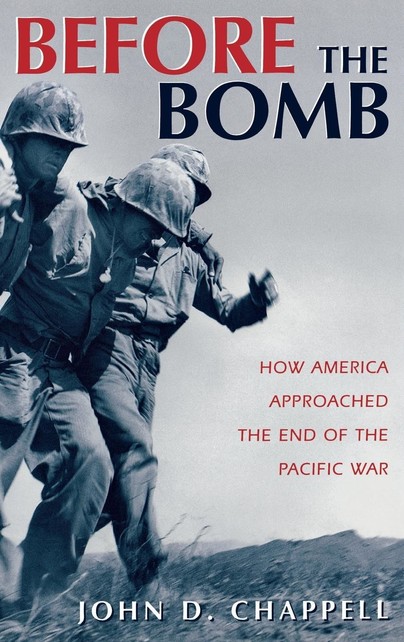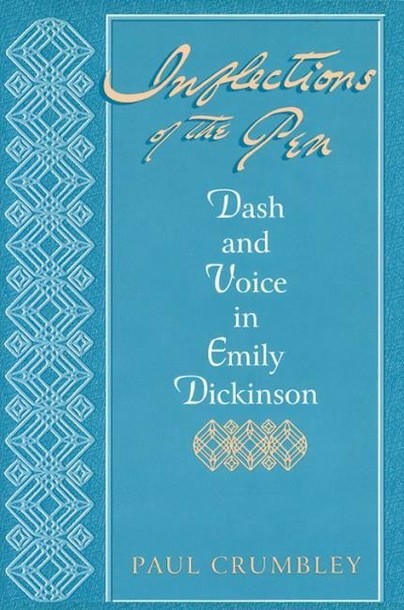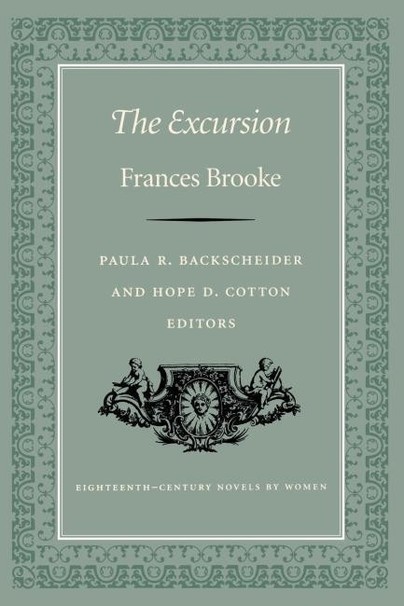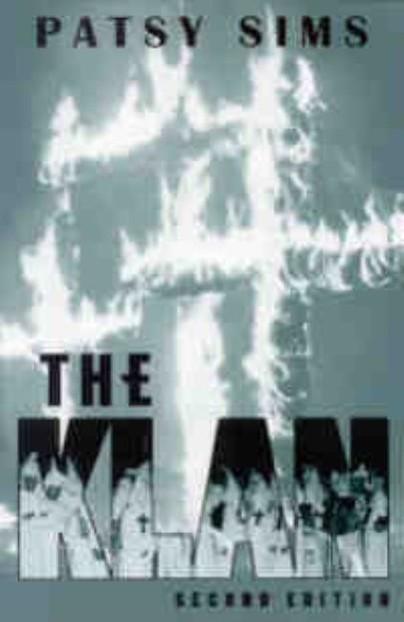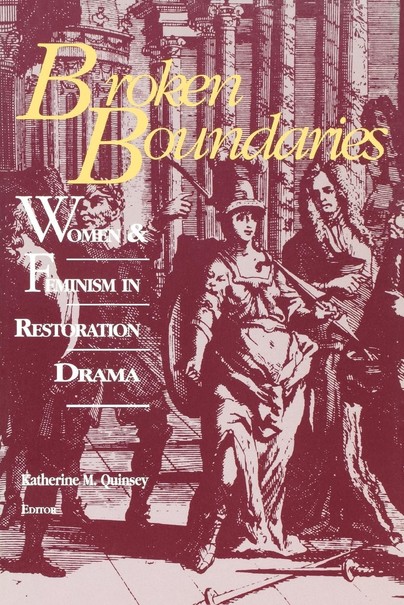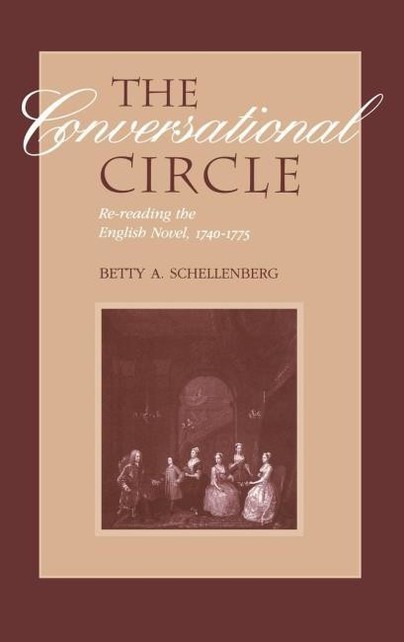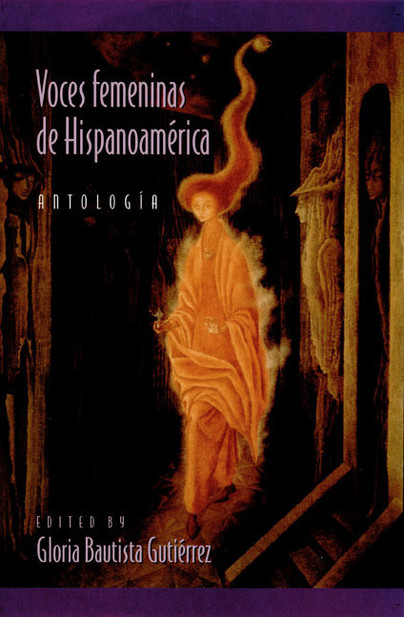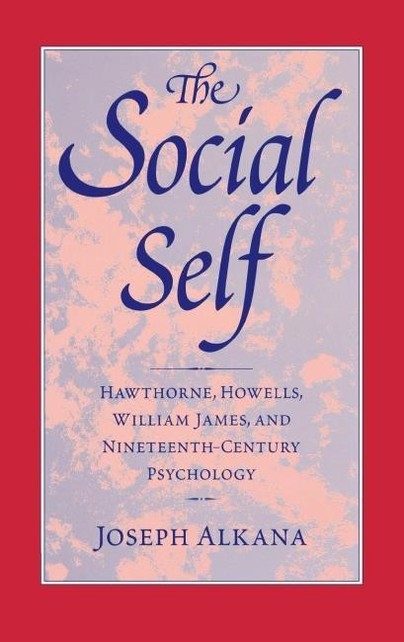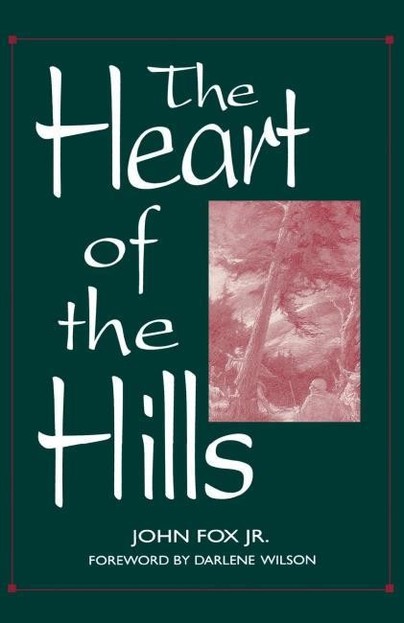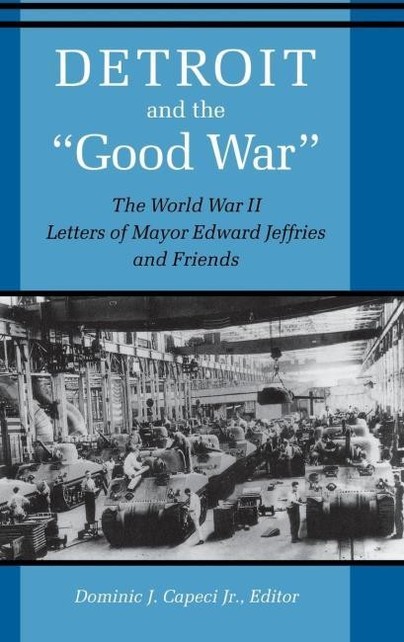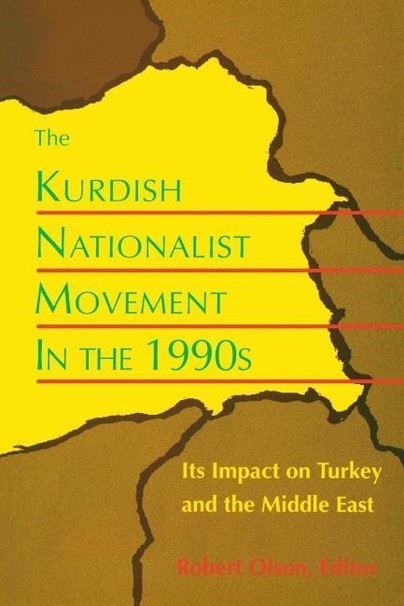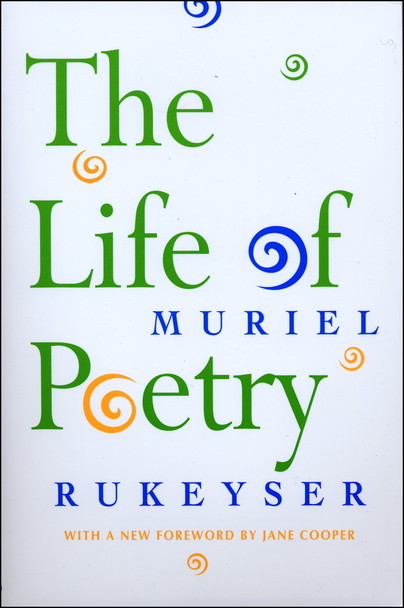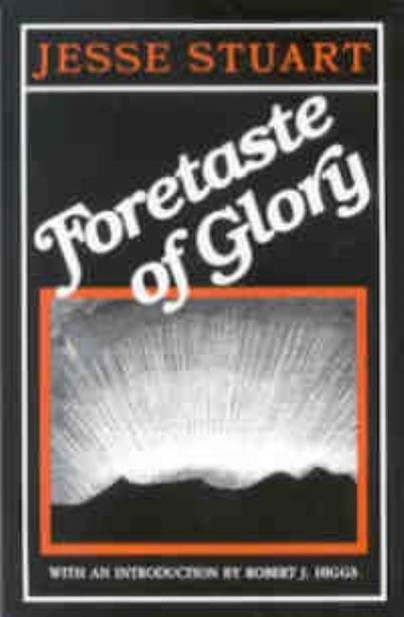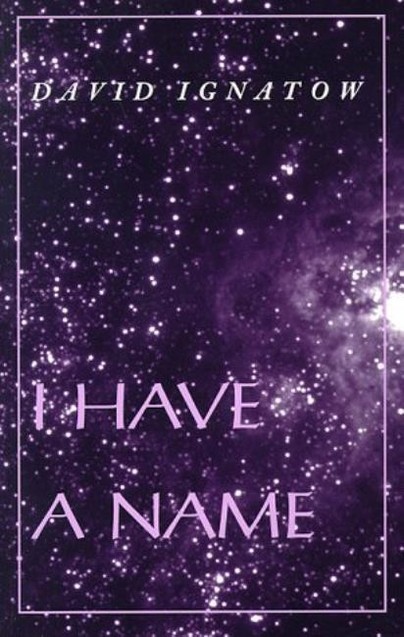Frances Brooke (1724-1789), journalist, translator, playwright, novelist, and even co-manager of a theater, was described as "perhaps the first female novel-writer who attained a perfect purity and polish of style." Today, Brooke is known primarily for The History of Emily Montague, one of the earliest novels about Canada, where she lived for a number of years. But it is her third novel, The Excursion, that is an important example of the fashionable and popular English novels of the late 1770s.
Written for the very audience it portrays, this novel introduces the heroine, Maria Villiers, to London's "gentle" society and its glittering pastimes. Brooke drew upon the English courtship novel in the tradition of Eliza Haywood, Henry Fielding, and Frances Burney for her novel's overarching plot structure. But instead of concentrating on Maria's romantic adventures, she experiments with unusual treatments of subplots and unconventional characters.The most interesting aspect of her story is the development of Maria's ambition to win fame and fortune as a writer; it is one of the few portraits of a woman with literary ambitions by an early woman writer. Brooke's wry narrative voice foreshadows that of Jane Austen.The editors' introduction places The Excursion firmly in the tradition of the English novel, provides a fresh biography of Brooke, and brings together the most important eighteenth- and twentieth-century criticism of Brooke's work.The second volume in the series Eighteenth-Century Novels by Women, The Excursion contributes to our understanding of the development of the novel and offers a lively view of women's position in eighteenth-century English society.



